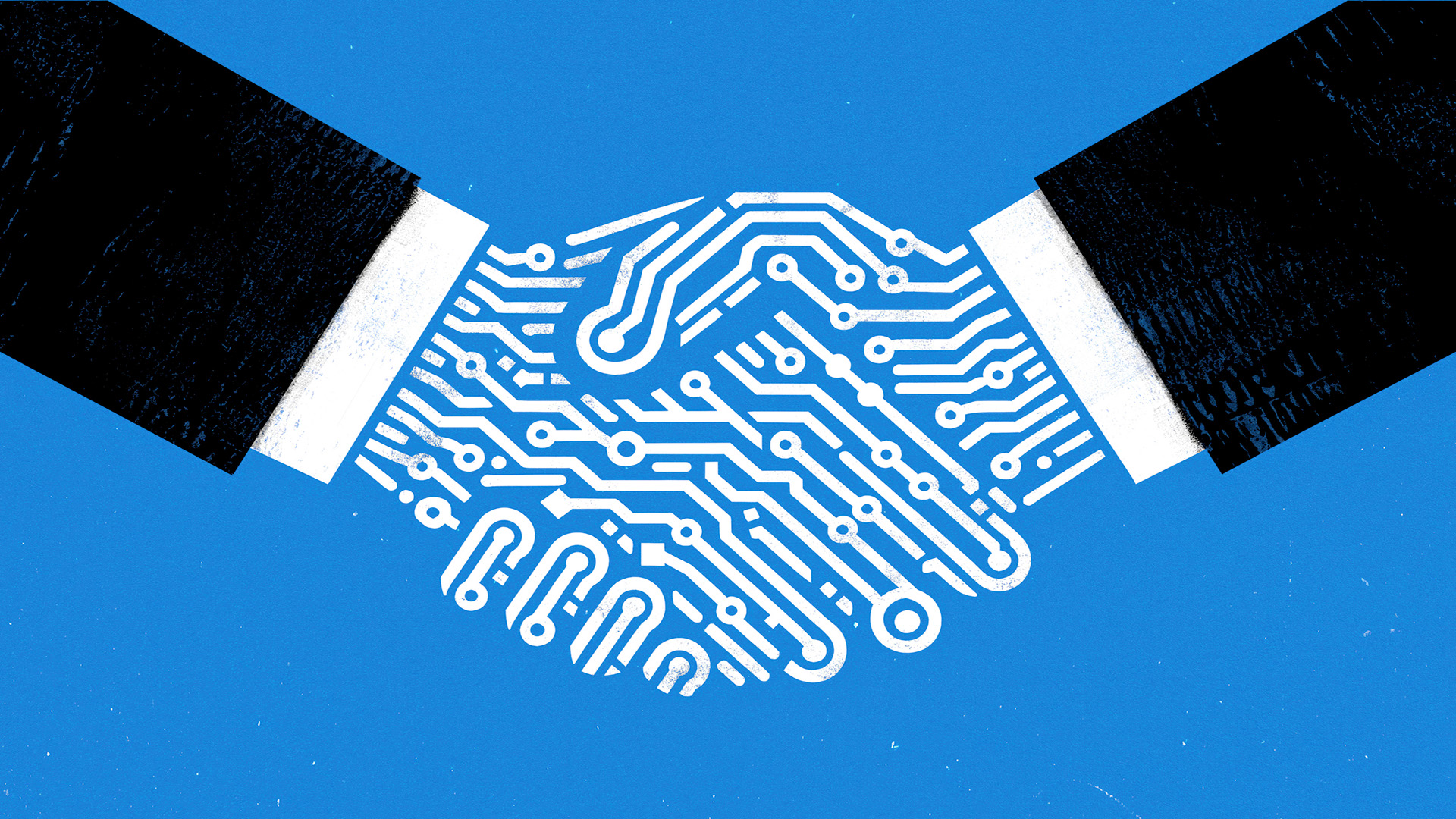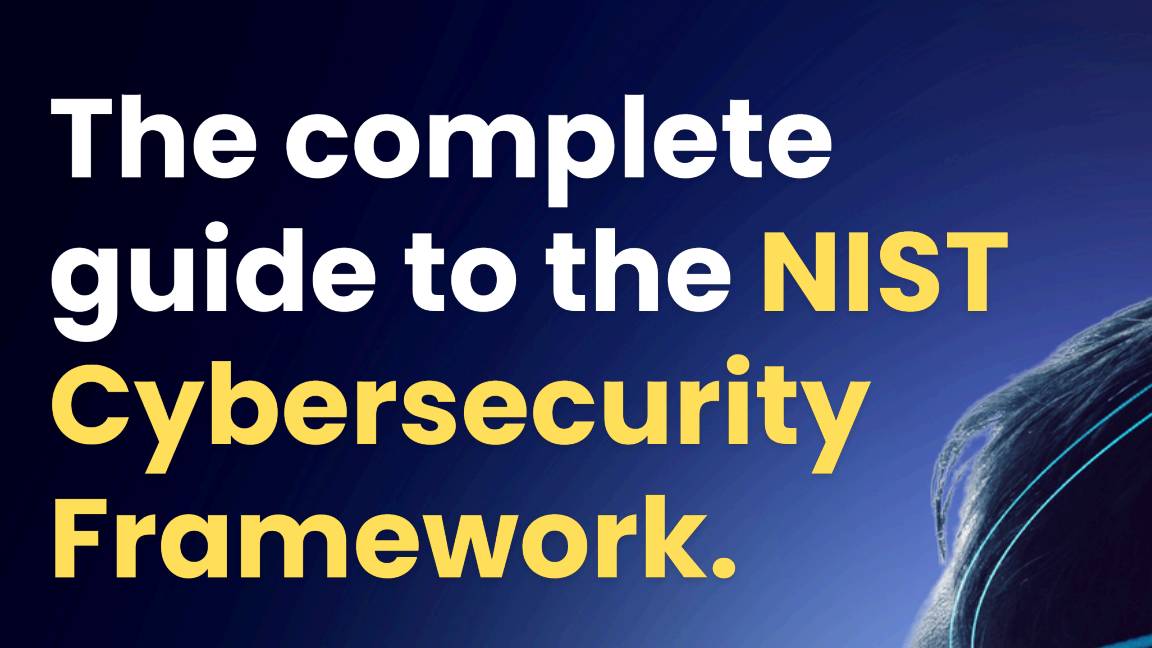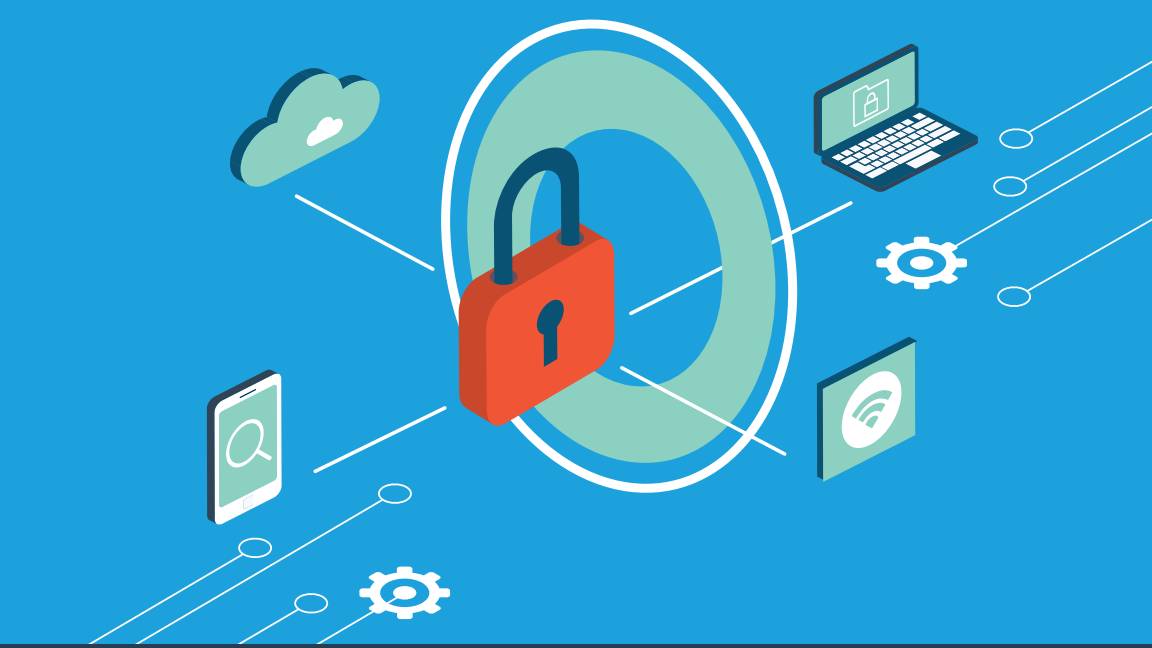MSPs face intensified cyber threat, US secret service warns
Hackers are compromising MSPs to conduct attacks against their customers, ranging from email compromise and ransomware


Managed Service Providers (MSPs) have been warned that their businesses are becoming increasingly attractive targets for cyber criminals hoping to wreak havoc against customers.
The US Secret Service issued an alert to MSPs in June urging these companies to stay alert and patch their systems given an increase in cyber attacks against them and their customers.
MSPs provide management services for customers’ IT infrastructures using remote administration tools. Due to the fact they can attend to the needs of multiple customers, cyber criminals are specifically targeting these businesses to make their attacks as efficient as possible, according to the US secret service.
Compromising a single MSP, therefore, would pose a risk to the security of a large number of businesses.
“MSPs utilize multiple open source and enterprise software applications in the facilitation of remote administration,” the alert published by the US Secret Service, and obtained by ZDNet, said. “In the event of an MSP compromise, these applications are often used by bad actors to access their customer’s networks and conduct attacks.
“Cyber criminals are leveraging compromised MSPs to conduct a variety of attacks including point-of-sale intrusions, business email compromise (BEC), and specifically ransomware attacks.”
Among a host of measures, MSPs have been advised to ensure they have a well-defined service level agreement (SLA), as well as having well-defined security controls that comply with the regulatory needs of end-users.
Sign up today and you will receive a free copy of our Future Focus 2025 report - the leading guidance on AI, cybersecurity and other IT challenges as per 700+ senior executives
The US Secret Service has also advised these firms to patch their remote administration tools and enforce access privileges for resources.
Other measures that can help protect against cyber criminals include performing annual data audits and proactively conducting cyber training and education programmes for employees.
Companies that use MSPs, meanwhile, have been advised to audit their SLAs, as well as auditing the remote administration tools being used in their environments. Enforcing multi-factor authentication (MFA) would better safeguard corporate data, as would restricting administrative access during remote logins.
These companies are also encouraged to proactively conduct cyber training and education for all employees, beyond using a secure network and system infrastructure that’s capable of meeting high security standards.
MSPs have increasingly come under fire, with a report published last year revealing that businesses are being infiltrated by cyber criminals exploiting weak account credentials to gain access to systems installed by MSPs.

Keumars Afifi-Sabet is a writer and editor that specialises in public sector, cyber security, and cloud computing. He first joined ITPro as a staff writer in April 2018 and eventually became its Features Editor. Although a regular contributor to other tech sites in the past, these days you will find Keumars on LiveScience, where he runs its Technology section.
-
 HackerOne eyes enterprise growth with double C-suite appointment
HackerOne eyes enterprise growth with double C-suite appointmentNews Seasoned industry executives Stephanie Furfaro and Stacy Leidwinger have joined the cyber security vendor’s executive team
-
 Samsung Galaxy Tab S11 review
Samsung Galaxy Tab S11 reviewReviews A brilliant lightweight tablet with a superb screen, but the competition makes it look expensive
-
 ‘The worst thing an employee could do’: Workers are covering up cyber attacks for fear of reprisal – here’s why that’s a huge problem
‘The worst thing an employee could do’: Workers are covering up cyber attacks for fear of reprisal – here’s why that’s a huge problemNews More than one-third of office workers say they wouldn’t tell their cybersecurity team if they thought they had been the victim of a cyber attack.
-
 "Thinly spread": Questions raised over UK government’s latest cyber funding scheme
"Thinly spread": Questions raised over UK government’s latest cyber funding schemeThe funding will go towards bolstering cyber skills, though some industry experts have questioned the size of the price tag
-
 Modern enterprise cybersecurity
Modern enterprise cybersecuritywhitepaper Cultivating resilience with reduced detection and response times
-
 IDC InfoBrief: How CIOs can achieve the promised benefits of sustainability
IDC InfoBrief: How CIOs can achieve the promised benefits of sustainabilitywhitepaper CIOs are facing two conflicting strategic imperatives
-
 The complete guide to the NIST cybersecurity framework
The complete guide to the NIST cybersecurity frameworkWhitepaper Find out how the NIST Cybersecurity framework is evolving
-
 Are you prepared for the next attack? The state of application security in 2024
Are you prepared for the next attack? The state of application security in 2024Webinar Aligning to NIS2 cybersecurity risk-management obligations in the EU
-
 The economics of penetration testing for web application security
The economics of penetration testing for web application securitywhitepaper Get the most value from your security solution
-
 How to extend zero trust to your cloud workloads
How to extend zero trust to your cloud workloadsWhitepaper Implement zero trust-based security across your entire ecosystem